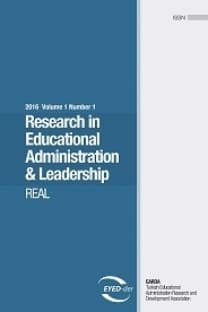How can Student Learning Data at Institutional Level Support Decision-Making for Educational Improvement for Academic Programme? A Case Study in A Hong Kong University
Student surveys have been commonly used by university administrators for assessment of student learning outcomes in higher education. The information collected from such stakeholders’ surveys has only been to use as supporting documents for the effectiveness of university education. More recently, there have been calls for utilizing student feedback information to improve quality of education at the programme level and guide educational leaders and teachers about implementing data-based decision-making. This study aimed to explore the learning gains in the undergraduate education perceived by its alumni in one of Hong Kong universities. The study reported the procedures in examining the assessment scores and discussed the interpretation of assessment results at the programme level. The findings showed that interpretation of the student ratings of perceived learning gains could not be appropriately aggregated at the programme level. Implications for theory and practice of educational data use and for educational administration are discussed.
Keywords:
Student learning data, decision-making, case study Hong Kong,
___
- Chatman, S. (2007). Institutional versus academic discipline measures of student experience: A matter of relative validity (CSHE.8.07). Berkeley: Center for Studies in Higher Education, University of California.
- Yayın Aralığı: Yılda 4 Sayı
- Yayıncı: Dokuz Eylül Üniversitesi
Sayıdaki Diğer Makaleler
Research in Edu Adm & Leadership EARDA
School-Family Cooperation, Social Closure, Educational Equality and Excellence: Evidences from China
Research in Educational Administration &Leadership
Research in Educational Administration &Leadership
